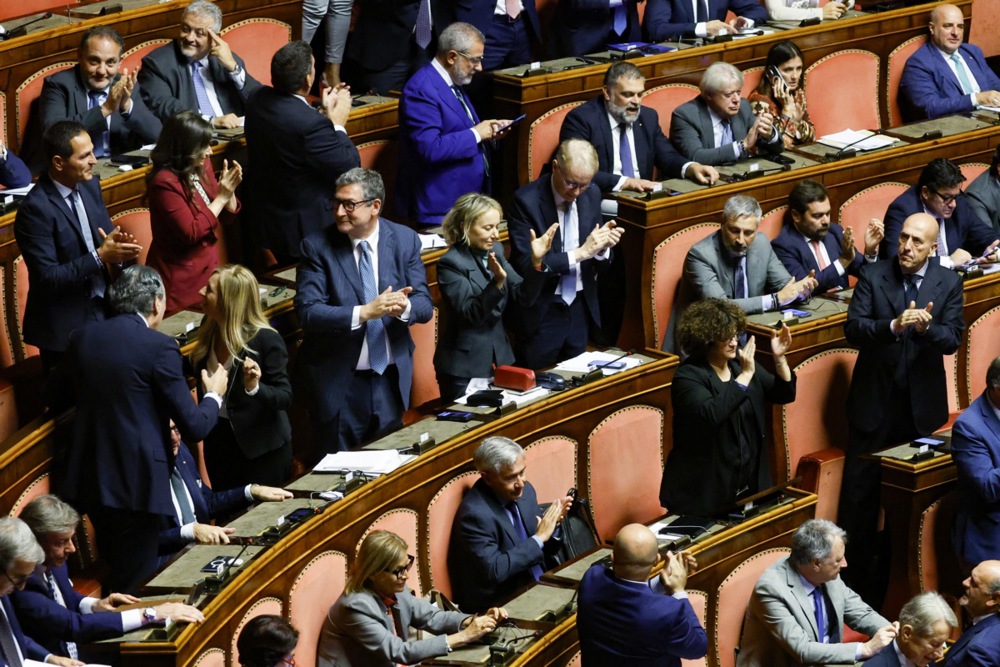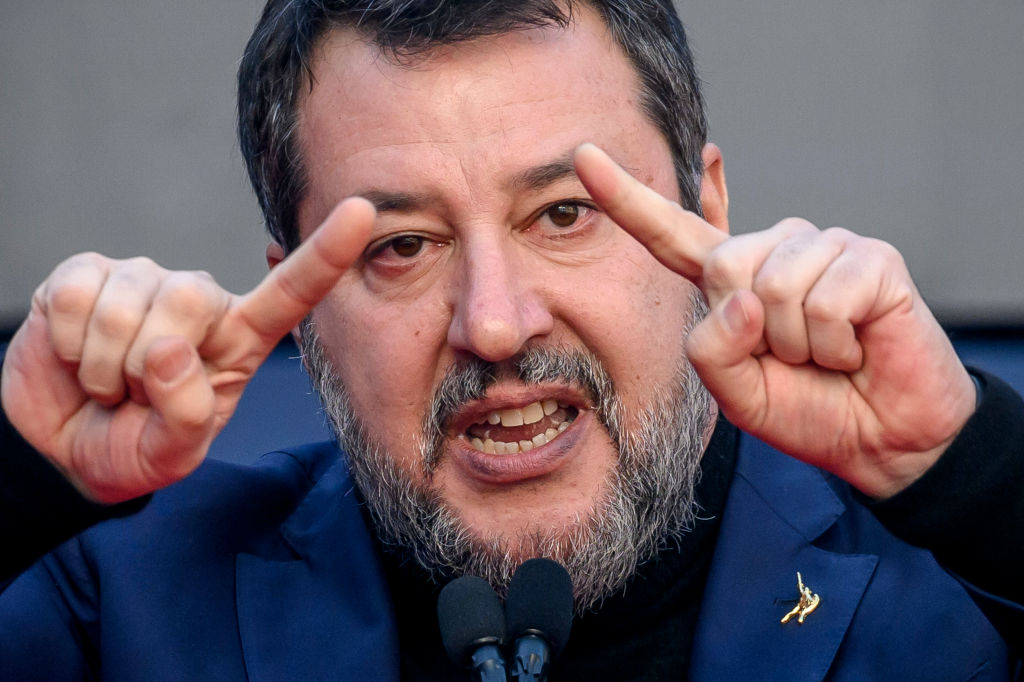Magistrates of the Rome Public Prosecutor’s Office are investigating a series of incidents on the Italian railways suspecting potential sabotage.
Due to a series of unusual incidents affecting the network, particularly during peak travel times, Italy’s state railway company, Ferrovie dello Stato (FS), has filed a comprehensive complaint with authorities.
Italian national news agency Ansa reported that the incidents have led to significant delays and disruptions across Italy’s rail network, affecting both regional and intercity services.
Intercity traffic between Rome and Naples as well as regional routes in central Italy experienced delays on Wednesday. Bad weather disrupted rail services in the far south on Tuesday, and an electrical issue shut down the capital’s main railway hub for over an hour, causing long delays.
There is a possibility that criminals simply damaged the railway system, leading to interruptions of public service, but terrorist motives were also possible.
In its complaint, Ferrovie dello Stato speaks of “highly suspicious circumstances”, highlighting the type of the problems and their frequency.
They suspect people voluntarily targeted the railway network to create chaos and inconvenience in key areas of the country.
Now the Prosecutor’s Office is investigating the matter.
It is not the first time Italy’s public prosecutor has had to launch an investigation into acts of sabotage against railway infrastructure.
In the past, people opposing the construction of a high-speed Turin-Lyons railway line in northern Italy, No Tav activists, targeted construction sites.
At the start of this month, on New Year’s Eve, a “civil disobedience” episode occurred with an attack on a Chiomonte construction site and clashes between protesters’ rockets and police tear gas. Last April, seven activists were convicted for their acts of violence during a 2019 protest at the same site.
In another incident, anarchists sabotaged electric infrastructure on the outskirts of Florence, at a strategic junction of the Italian railway system.
Militant far-left activists could have been behind the sabotaging of France’s high-speed rail, Interior Minister Gérald Darmanin has said. https://t.co/ULHmxz796T
— Brussels Signal (@brusselssignal) July 29, 2024
Because Italy’s railway system has been struggling with ongoing technical difficulties and strikes, the opposition united in calling for Transport Minister Matteo Salvini’s resignation.
Former prime minister Matteo Renzi’s Liberal Italia Via Party launched a petition to try to force him to stand down.
“The national railway network is in a state of collapse. Every day, thousands of Italians have to suffer unbearable delays, continuous breakdowns, cancelled trains and degrading travelling conditions,” the party said.
Salvini blamed part of the problems on underinvestment and maladministration under left-wing politics.
He said there was now a €100 billion investment plan for railway infrastructure, with over 1,200 construction sites already up and running to make up for decades of delays on this country’s railways.
Prime Minister Giorgia Meloni’s Brothers of Italy party sided with Salvini, calling him “the target of a denigrating and mendacious campaign”.
In 2023, Italy transported about 800 million passengers by rail, making it the third-largest EU rail passenger country.
In addition to strengthening its operations in the north, particularly in the vicinity of the port city of Genova, the government hopes to expand the high-speed service to the south of the country.
A series of incidents on Poland’s railways have raised security concerns after a number of trains were halted by unofficial “stop” radio signals. https://t.co/fjH8IGE0x8
— Brussels Signal (@brusselssignal) August 29, 2023





